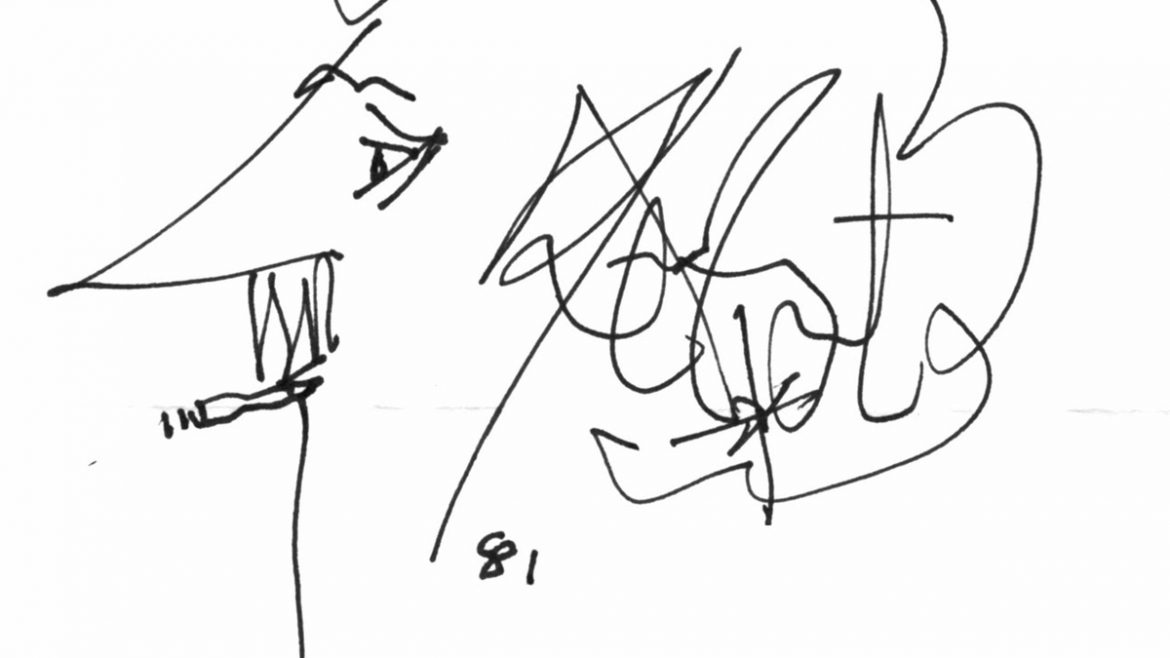The Grand Social Experiment | Van Kooten on God Bless You, Mr. Rosewater
Rick Van Kooten Following the bleak nihilism of Cat’s Cradle, the next novel written by Kurt Vonnegut, God Bless You, Mr. Rosewater, presents a more optimistic side of Vonnegut’s philosophy, even as it is presented as a blistering satire as in Cat’s Cradle. In many ways, Vonnegut’s body of work up to this point could be considered not only a literary project …

